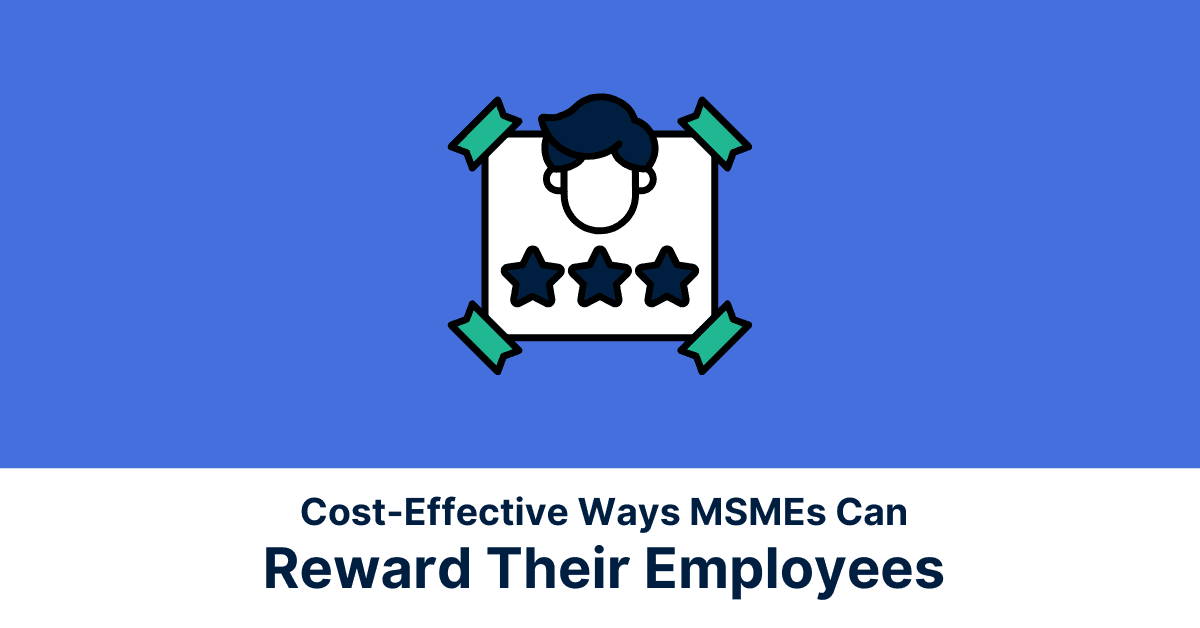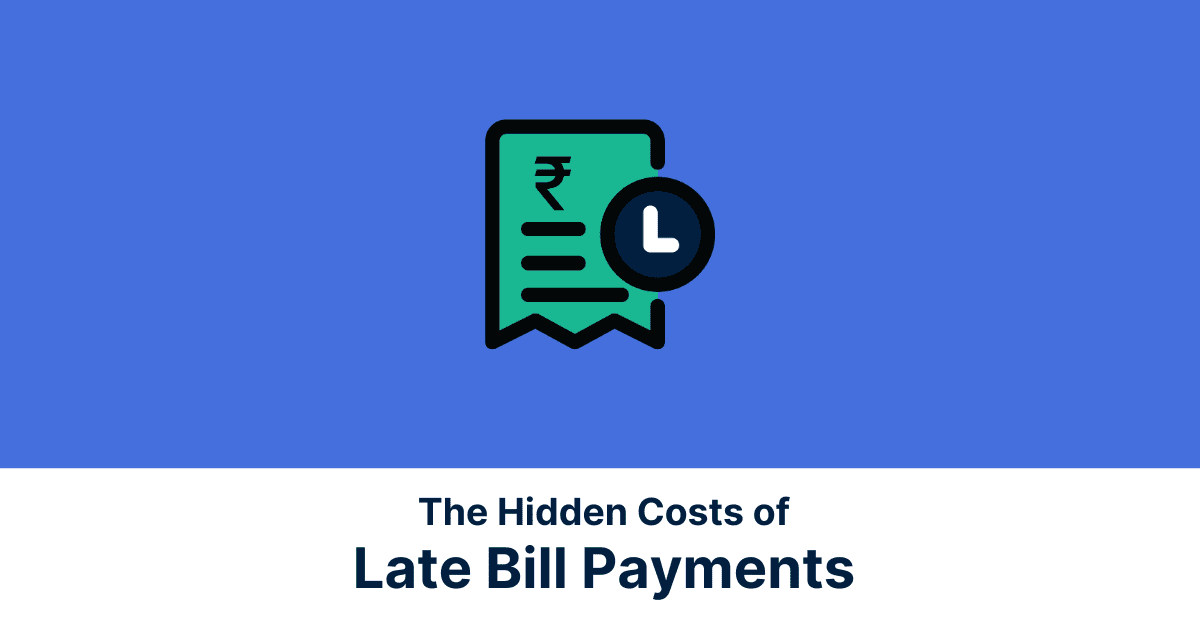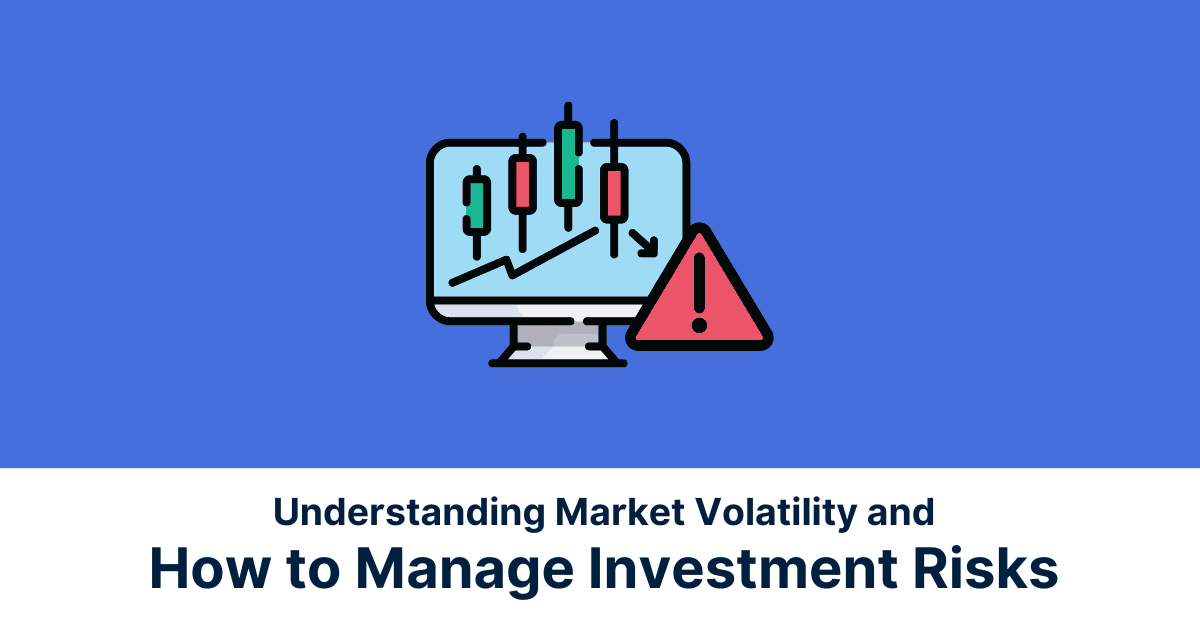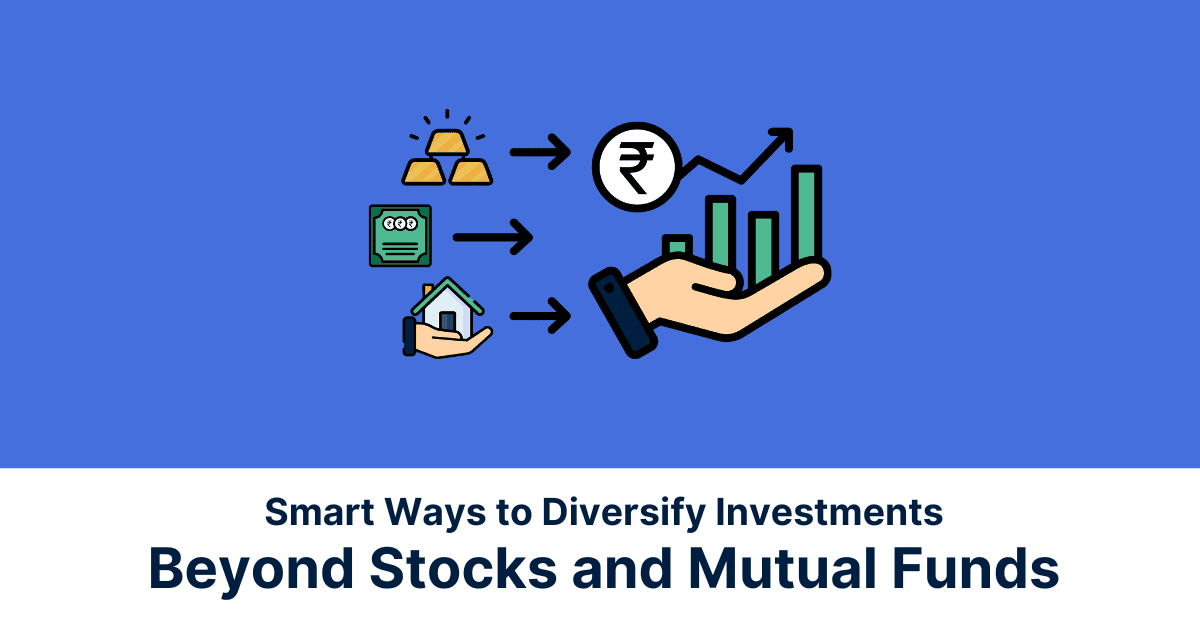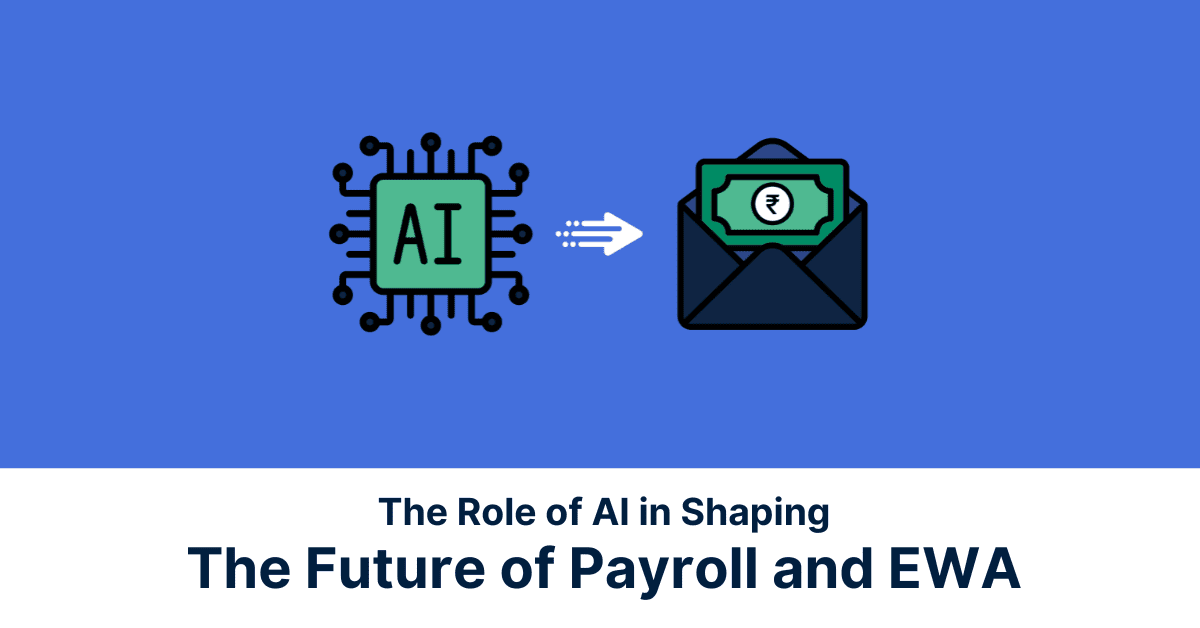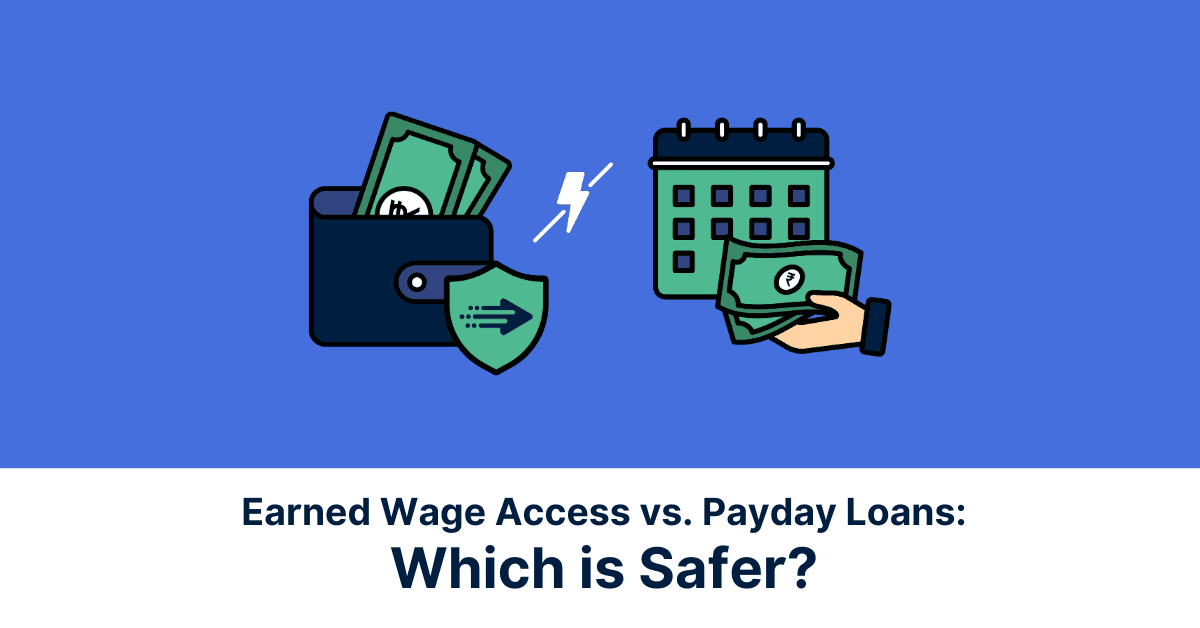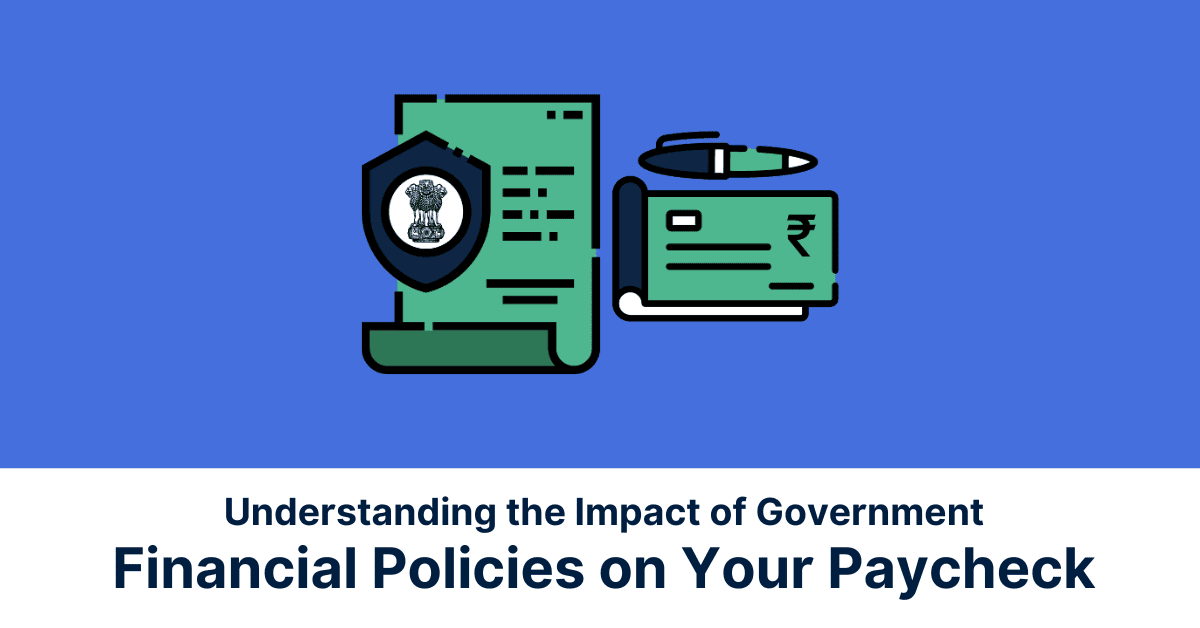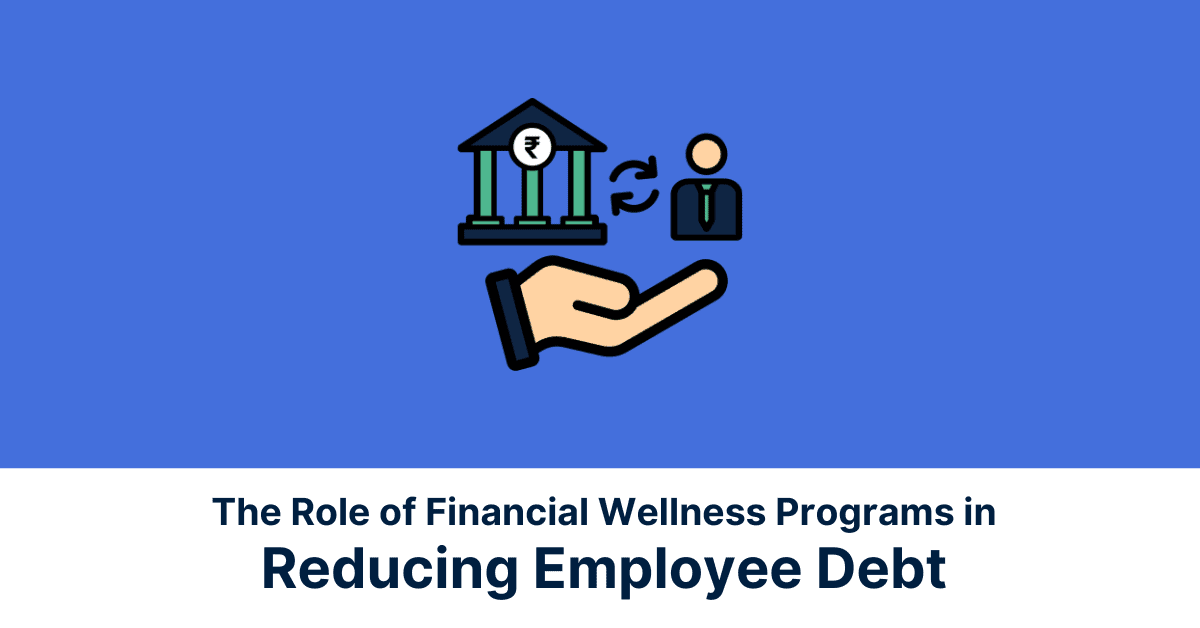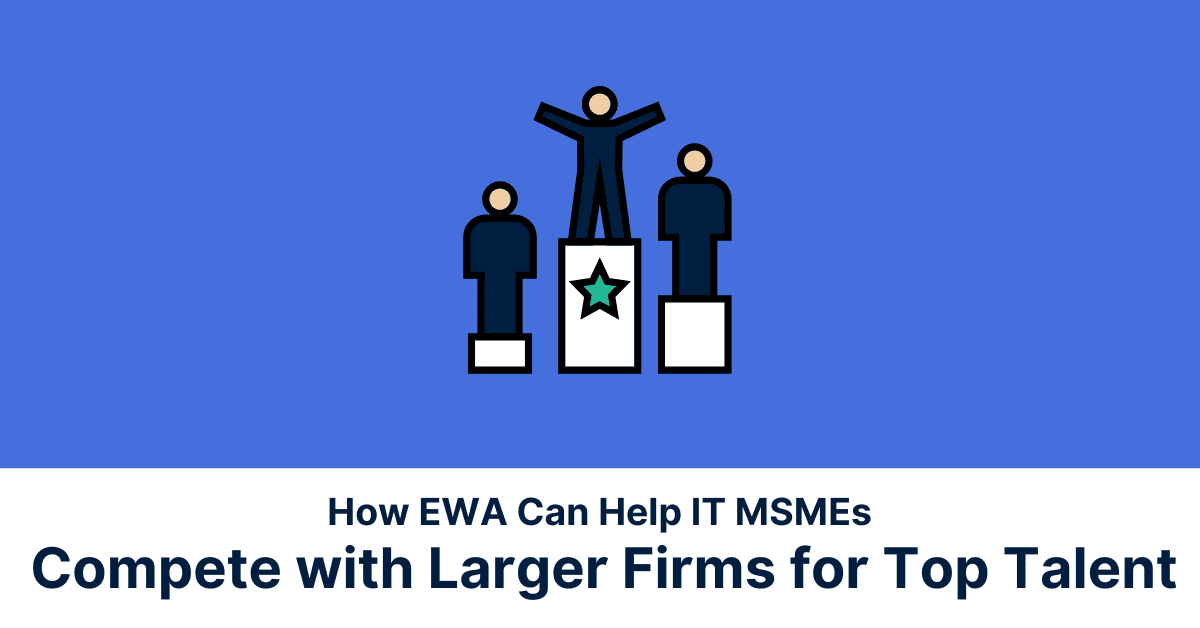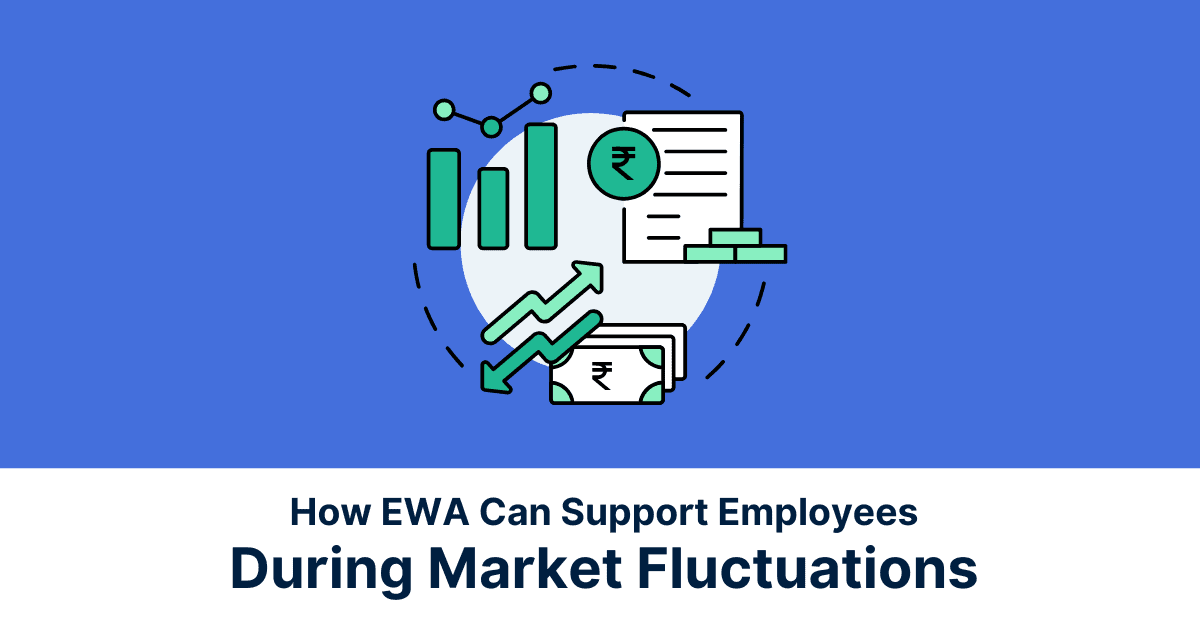Between employee salaries, business expenses, and operational costs your employee reward budget can easily fall victim to financial cutbacks. However, rewarding employees is more than just a token of appreciation—it’s a critical strategy for boosting morale, retention, and productivity. For Micro, Small, and Medium Enterprises (MSMEs), where resources are often constrained, implementing effective and budget-friendly reward systems can be a game-changer. Recognising employee contributions creates a sense of belonging, motivates teams to strive for excellence, and helps build a positive workplace culture.
Unlike large corporations with extensive budgets for incentives, MSMEs must manoeuvre the delicate balance between cost-efficiency and meaningful impact. The right reward strategies, tailored to their unique needs, can not only retain talent but also amplify their ability to compete with larger organisations. This approach is particularly important in building employee loyalty and sustaining growth in the dynamic MSME ecosystem.
Why Employee Reward Programs Matter for MSMEs
For MSMEs, where resources are often stretched thin, retaining talent is crucial. A well-designed reward program helps employees feel valued, reducing turnover and creating a stable workforce. Let’s explore the importance of employee reward programs for MSMEs and look at some creative and cost-effective options.
Loyalty: Rewarding employees cultivates a sense of appreciation and belonging, enhancing loyalty among staff. When employees feel valued, they are more likely to remain committed to the organisation, reducing turnover and enabling long-term stability.
Engagement: Engaged employees are highly motivated and invested in the company’s success. Reward programs help nurture this engagement by recognising and celebrating achievements, encouraging employees to give their best effort and contribute creatively to organisational growth.
Positive Workplace Culture: A culture of rewards and recognition creates a positive and collaborative environment. Regularly rewarding employees for their hard work establishes mutual respect, teamwork, and camaraderie. This supportive atmosphere not only improves employee morale but also attracts potential talent to the organisation.
Competing with Larger Companies: While MSMEs may lack the resources of larger corporations, creative and cost-effective reward programs can help level the playing field. Offering meaningful incentives, such as flexible work options, growth opportunities, or experiential rewards, makes MSMEs an attractive choice for job seekers and ensures the retention of top talent.
Cost-Effective Ways to Reward Employees
Employee Reward Cards
Reward cards offer a versatile and affordable solution for employee recognition. These preloaded cards can be customized to fit your budget and goals, giving employees the freedom to choose how they spend their rewards. This personalized approach boosts employee satisfaction and loyalty, as 47% of employees prefer personalised rewards.
For MSMEs, reward cards simplify the recognition process. They are easy to manage and distribute, eliminating the logistics of physical gifts. Additionally, they can be tailored to fit various reward programs, making them a cost-effective solution for businesses of all sizes. By implementing reward cards, MSMEs can create a meaningful recognition program that motivates employees and aligns with their budget constraints.
Performance-Based Recognition
Performance-based recognition is a powerful and cost-effective strategy for boosting employee morale and driving engagement. By acknowledging employees for meeting targets, exceeding expectations, or demonstrating exceptional performance, organisations can create a culture of appreciation and motivation. Simple gestures like certificates of achievement, personalised thank-you notes, or small but thoughtful gifts show employees that their contributions are valued, creating a sense of pride and accomplishment.
Public recognition amplifies the impact of these rewards. An increase in recognition awards would make 79% of Gen Z and Millennial employees more loyal to their companies. Acknowledging achievements during team meetings, in company newsletters, or on internal communication platforms increases the employee’s sense of achievement and inspires others to aim higher. This form of recognition not only reinforces positive behaviour but also promotes a sense of healthy competition and collaboration within the team.
Flexible Work Arrangements
Flexible work arrangements, such as adjustable schedules or remote work options, are highly effective rewards that enhance employee satisfaction at little to no financial cost. By offering flexibility, organisations acknowledge employees’ need to balance work and personal responsibilities, demonstrating trust and understanding. This can greatly reduce stress, boost morale, and increase overall job satisfaction.
Allowing employees to choose their work hours or locations as a reward for their performance empowers them with greater control over their time. This autonomy not only improves work-life balance but also enhances productivity, as employees are more likely to deliver their best work when they feel supported. Acknowledging contributions through these gatherings shows employees that their efforts are valued, which enhances job satisfaction.
Team Celebrations and Events
Team celebrations and events are an impactful yet affordable way to recognise employees’ collective efforts and create a sense of friendship. Simple gatherings, such as team lunches, potlucks, or casual celebrations, provide opportunities for employees to unwind, interact beyond work discussions, and celebrate shared successes. These moments of recognition help employees feel valued and appreciated, boosting morale and motivation.
Such events also break down hierarchical barriers, encouraging open communication and building stronger interpersonal relationships among team members. Employees who feel connected and part of a supportive team are more likely to collaborate effectively, leading to increased productivity and a healthier work environment.
Professional Development Opportunities
Professional development opportunities are a highly effective way to reward employees while building organisational growth. By offering access to affordable online courses, webinars, or workshops, MSMEs not only improve employees’ skill sets but also show a commitment to their personal and professional advancement. This gesture shows employees that their growth is valued, which increases loyalty, engagement, and overall job satisfaction. 94% of employees are more inclined to stay with a company if it is invested in their development.
When employees acquire new skills, they bring added value to the organisation, enhancing productivity and driving innovation. Professional development opportunities also equip teams to adapt to industry changes, keeping the organization competitive in a dynamic market. These rewards can be tailored to align with both employee interests and company goals, ensuring a win-win scenario. Investing in employee growth cultivates a motivated workforce, and strengthens the existing talent pool.
Low-Cost Wellness Initiatives
Wellbeing is closely associated with engagement, and companies with highly engaged employees have 147% higher earnings per share. Low-cost wellness initiatives are a meaningful way to reward employees while promoting a healthier and more productive workforce. Simple options like Zumba sessions, discounted gym memberships, or access to mental health resources show employees that their well-being is a priority. These initiatives don’t require a significant financial investment but have a deep impact on employee satisfaction and morale.
By offering wellness programs, organisations help employees manage stress, improve physical health, and boost mental well-being. Healthier employees tend to be more focused, engaged, and efficient, which enhances overall workplace productivity. Employee wellness programs also create a supportive environment, they build a sense of care and trust between the organisation and its staff.
These programs are cost-effective and scalable, making them ideal for recognising employee contributions without exceeding budget constraints. Prioritising wellness not only reduces absenteeism but also strengthens loyalty, as employees appreciate working for an employer that values their health and happiness.
Building a Sustainable Employee Reward Program for MSMEs
Creating a sustainable reward program is vital for MSMEs to retain talent, increase morale, and maintain a motivated workforce without overextending their resources. Thoughtful planning and regular assessments ensure that these programs deliver maximum value for both employees and the organisation.
Aligning Rewards with Employee Preferences
Understanding employee preferences is key to designing a reward program that resonates with your workforce. MSMEs should invest time in gathering insights through surveys, one-on-one discussions, or team feedback sessions to identify what employees value most—be it financial rewards, professional growth opportunities, or work-life balance perks.
Personalised rewards ensure employees feel truly appreciated, as they align with their individual needs and motivations. For instance, some may prefer flexible work arrangements, while others may value health benefits or development programs. A tailored approach not only amps satisfaction but also strengthens loyalty and engagement.
Additionally, aligning rewards with preferences prevents resource wastage on initiatives that might not hold great value to employees. This thoughtful customisation is especially critical for MSMEs with limited budgets and helps every investment deliver maximum impact.
Setting Clear Budget Parameters
For MSMEs, planning reward programs within a clear budget framework is essential to achieving sustainability. Start by assessing available financial resources and allocating a fixed percentage to employee recognition initiatives. This ensures reward programs remain consistent without causing financial strain.
Prioritise cost-effective options, such as performance-based recognition, flexible work arrangements, or low-cost wellness programs, which offer high returns on employee satisfaction without heavy expenditure. Categorising rewards into different tiers—for individual, team, and company achievements—helps allocate resources more effectively and ensures inclusivity.
Regularly review the budget to accommodate changing company goals and employee needs. For example, reallocating funds from underused rewards to high-demand options can increase the program’s impact. Setting financial boundaries and planning resource distribution thoughtfully enables MSMEs to celebrate their workforce consistently, even during challenging times.
Tracking and Evaluating Reward Program Success
Measuring the success of a reward program is critical to ensuring its long-term viability. MSMEs can gather employee feedback through regular surveys or suggestion boxes to understand the program’s impact on morale and satisfaction. Open discussions during team meetings can also provide actionable insights into how rewards are perceived.
Tracking performance metrics, such as employee retention rates, engagement levels, and productivity improvements, helps identify whether the rewards are delivering desired outcomes. Comparing these metrics before and after implementing the program offers tangible evidence of its effectiveness.
Additionally, monitor participation rates in specific reward initiatives to determine their popularity. For example, if employees actively engage in wellness programs but show low interest in other rewards, adjustments can be made to prioritise high-value offerings. By continuously evaluating and refining the program, MSMEs can ensure it remains relevant, impactful, and aligned with both employee and organisational goals.
Wrapping Up:
The benefits of rewarding employees extend far beyond the workplace. And cost-effective employee rewards play a crucial role in helping MSMEs build a motivated, engaged, and loyal workforce. These programs not only show employees that their contributions are valued but also create a positive workplace culture that drives productivity and reduces turnover. By aligning rewards with employee preferences, setting clear budget parameters, and regularly evaluating program success, MSMEs can implement sustainable initiatives that deliver maximum impact without straining resources.
From flexible work arrangements to wellness programs and professional development opportunities, the suggested strategies are practical and affordable, ensuring both employees and organisations benefit. A well-designed reward program helps MSMEs compete with larger companies by increasing job satisfaction and building a strong employer brand.
Investing in employee reward programs or employee wellness programs isn’t just an expense—it’s a powerful tool for growth and retention. Now that you know the benefits, if you don’t already have employee rewards in some way, it could be time to develop a program. You can now unlock the rewards of employee motivation with Jify’s Reward Card. Try it out and motivate your team today!
*Disclaimer:
The information contained herein is not intended to be a source of advice concerning the material presented, and the information contained in this article does not constitute investment advice. The ideas presented in the article should not be used without first assessing your financial situation or without consulting a financial professional.
